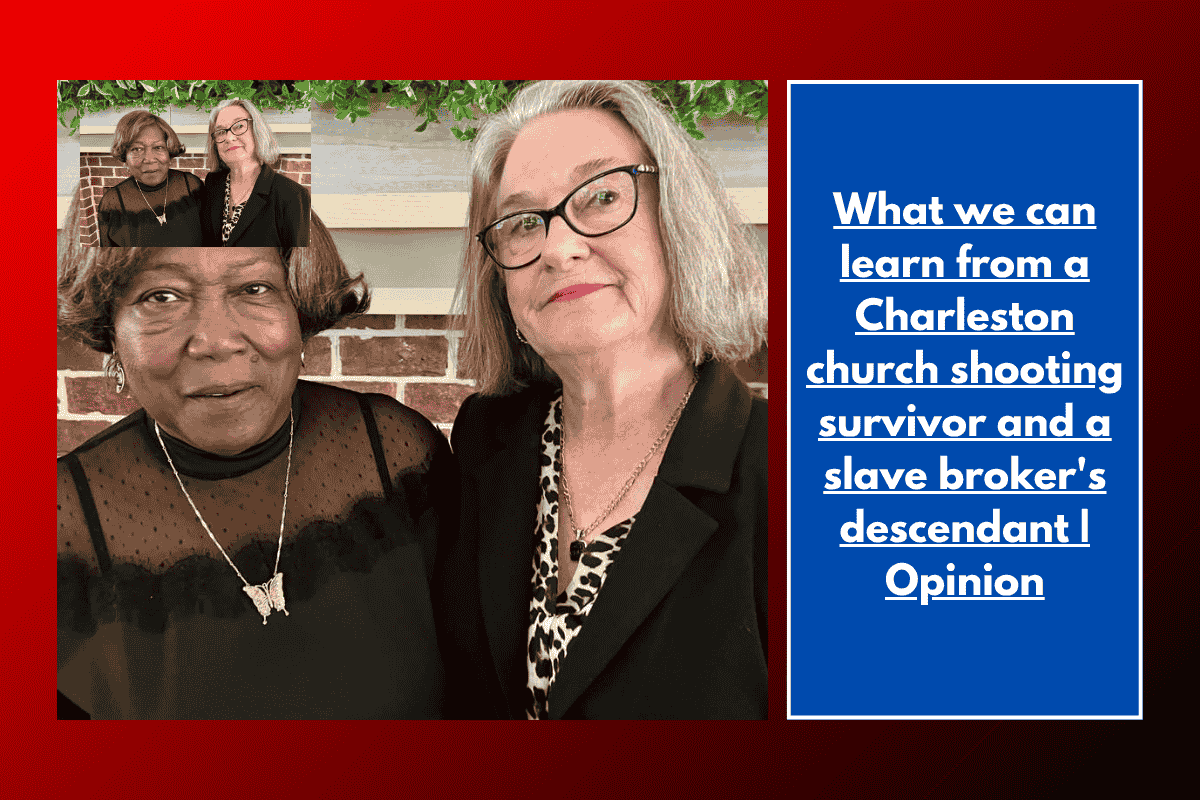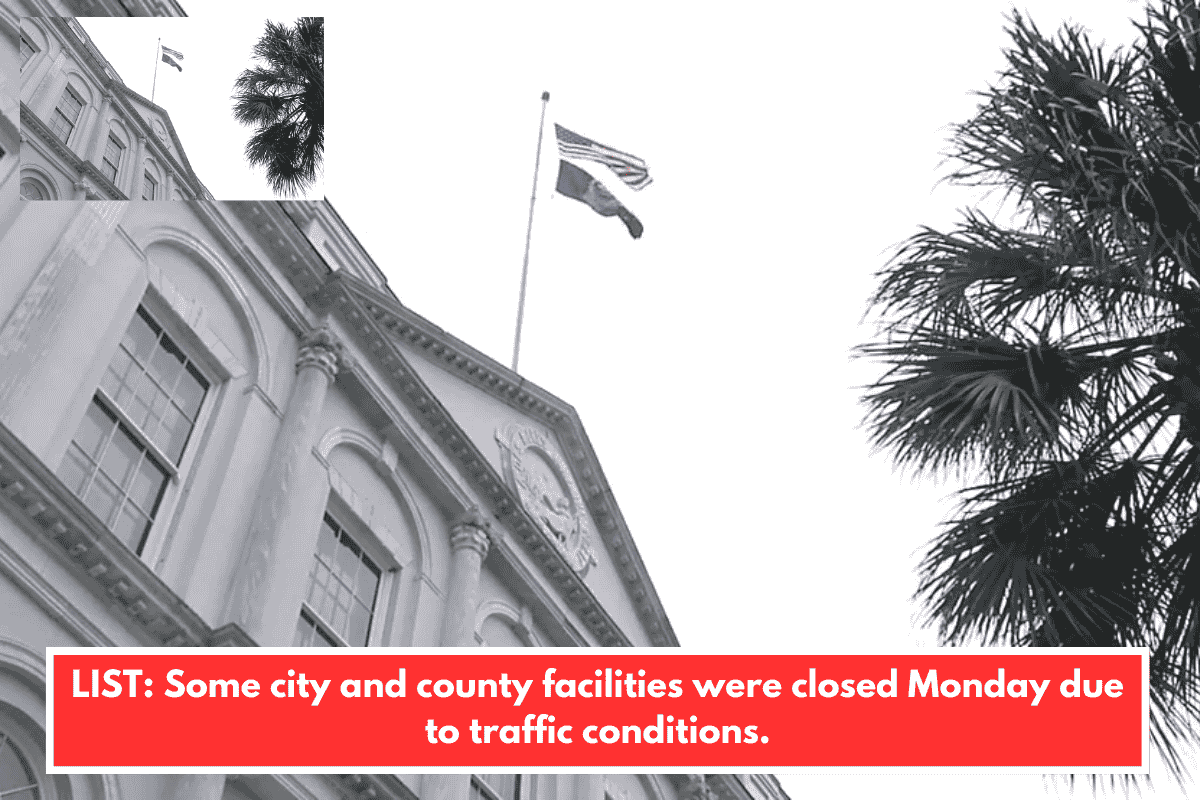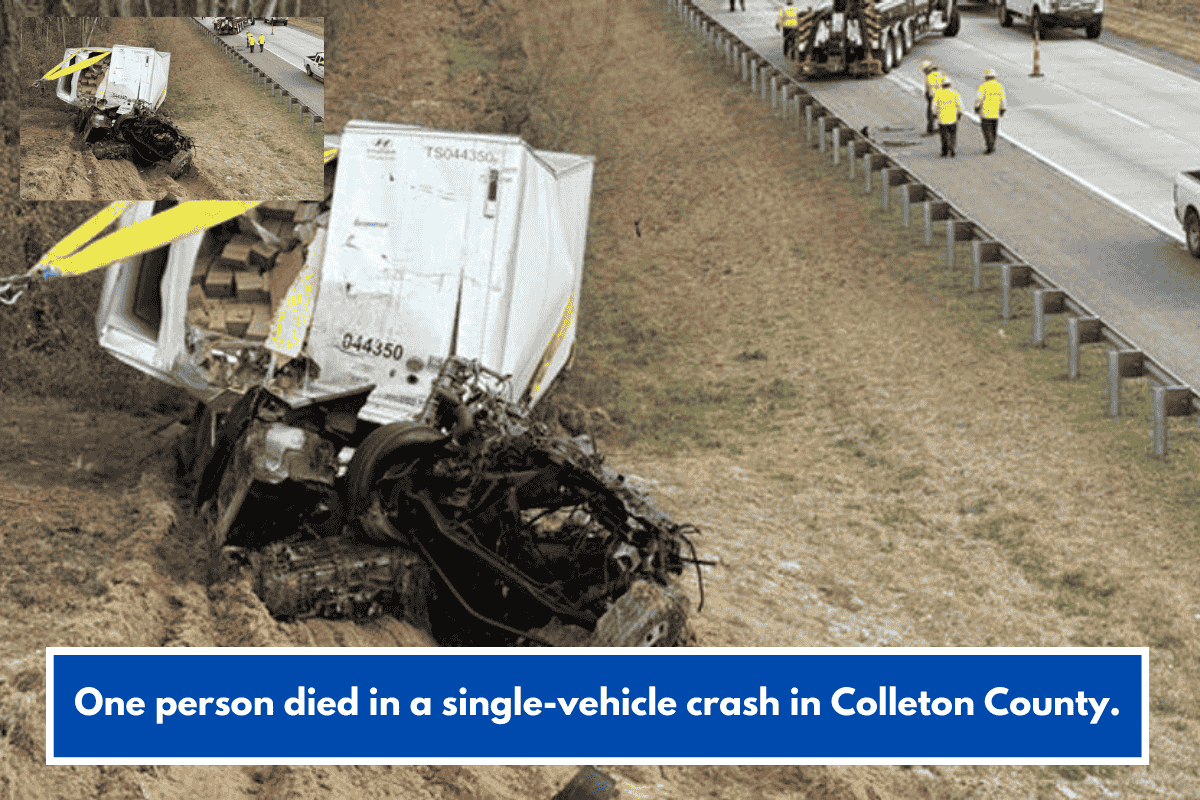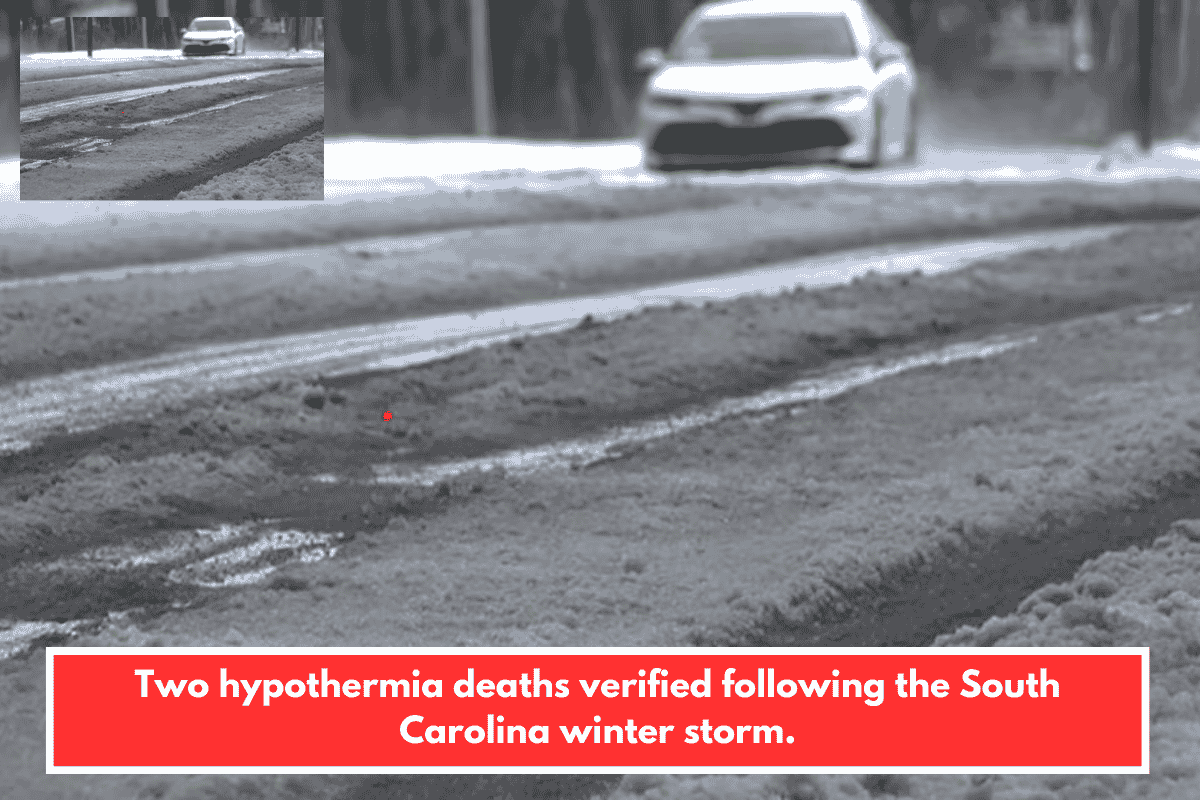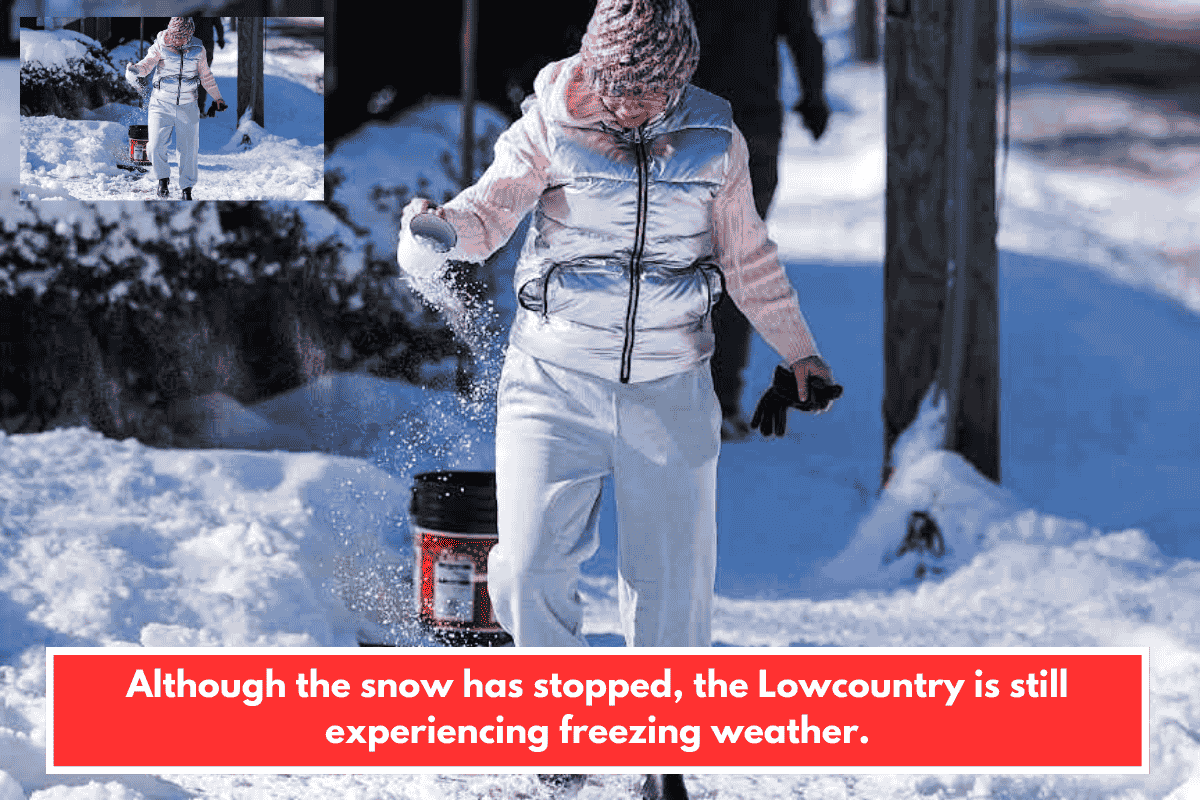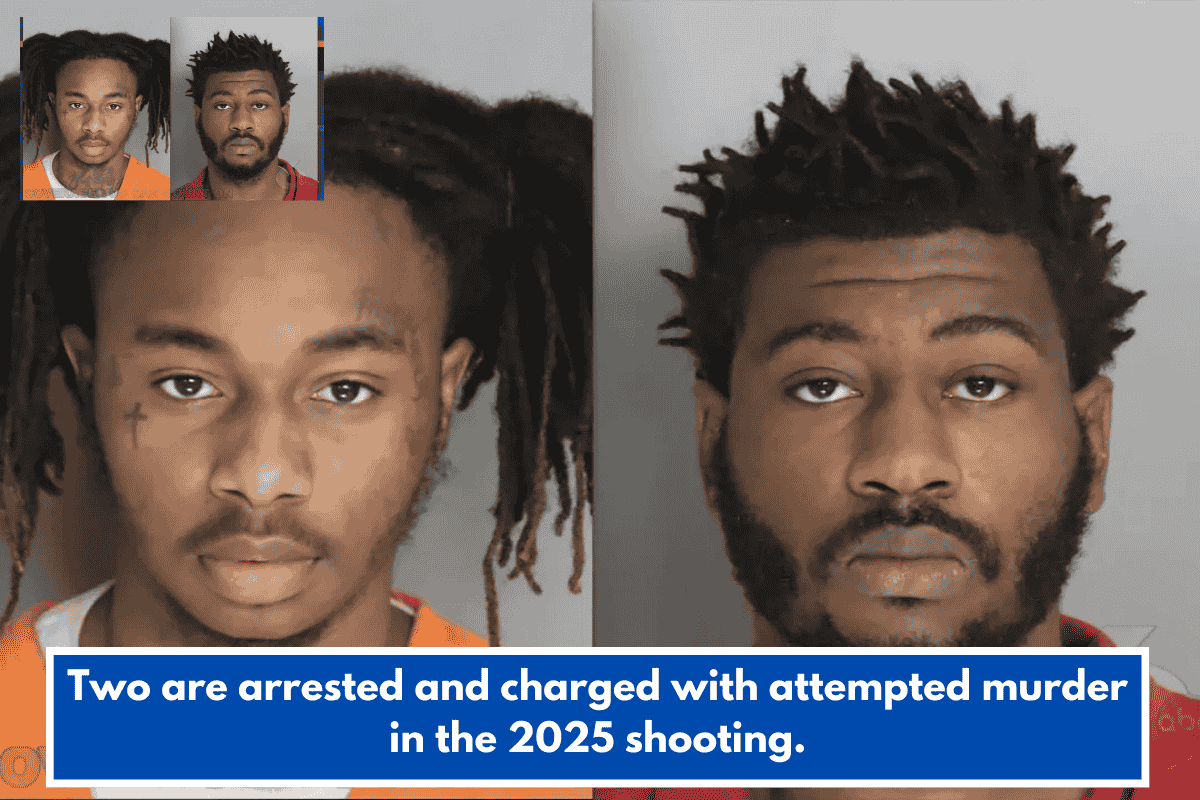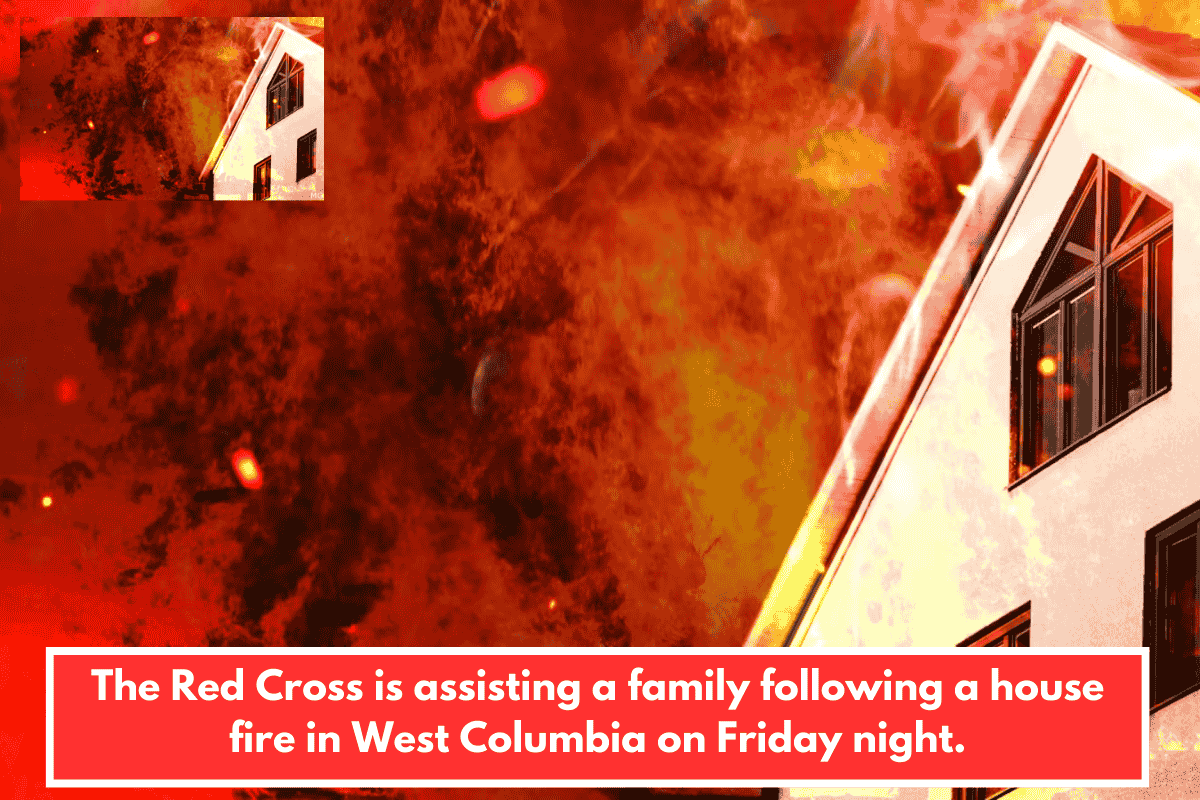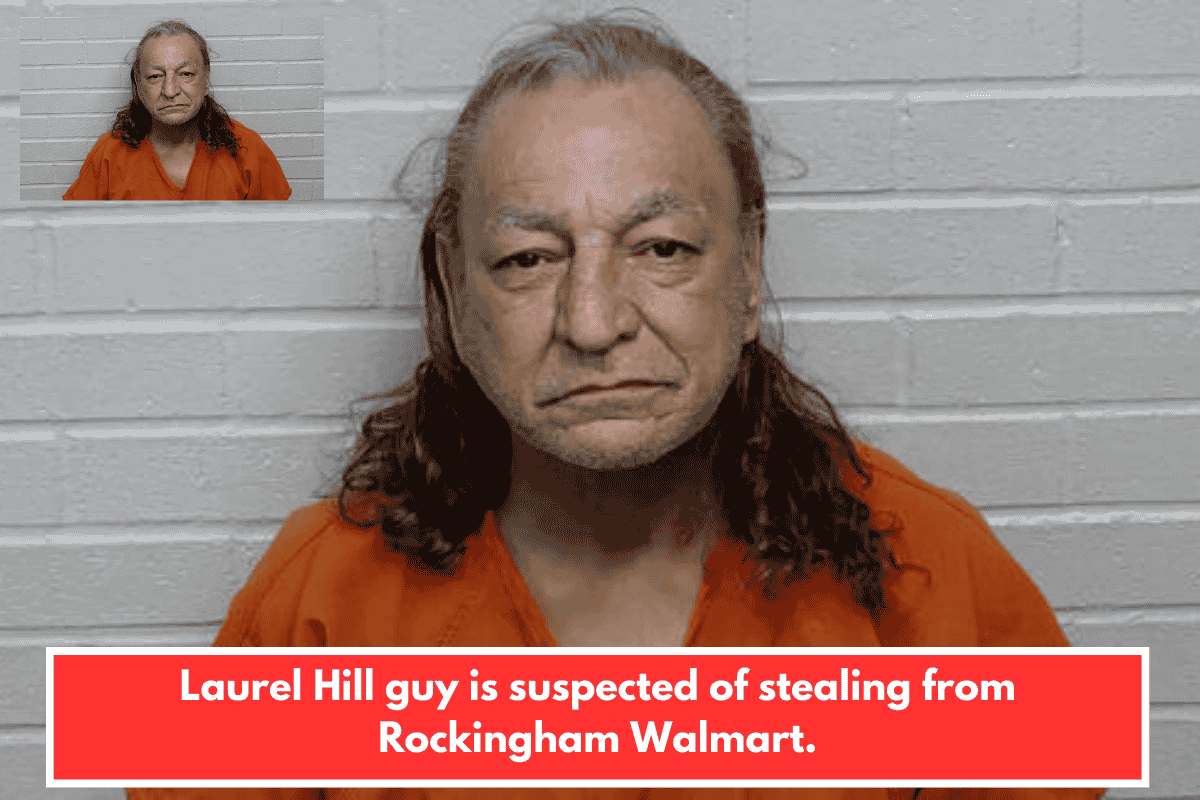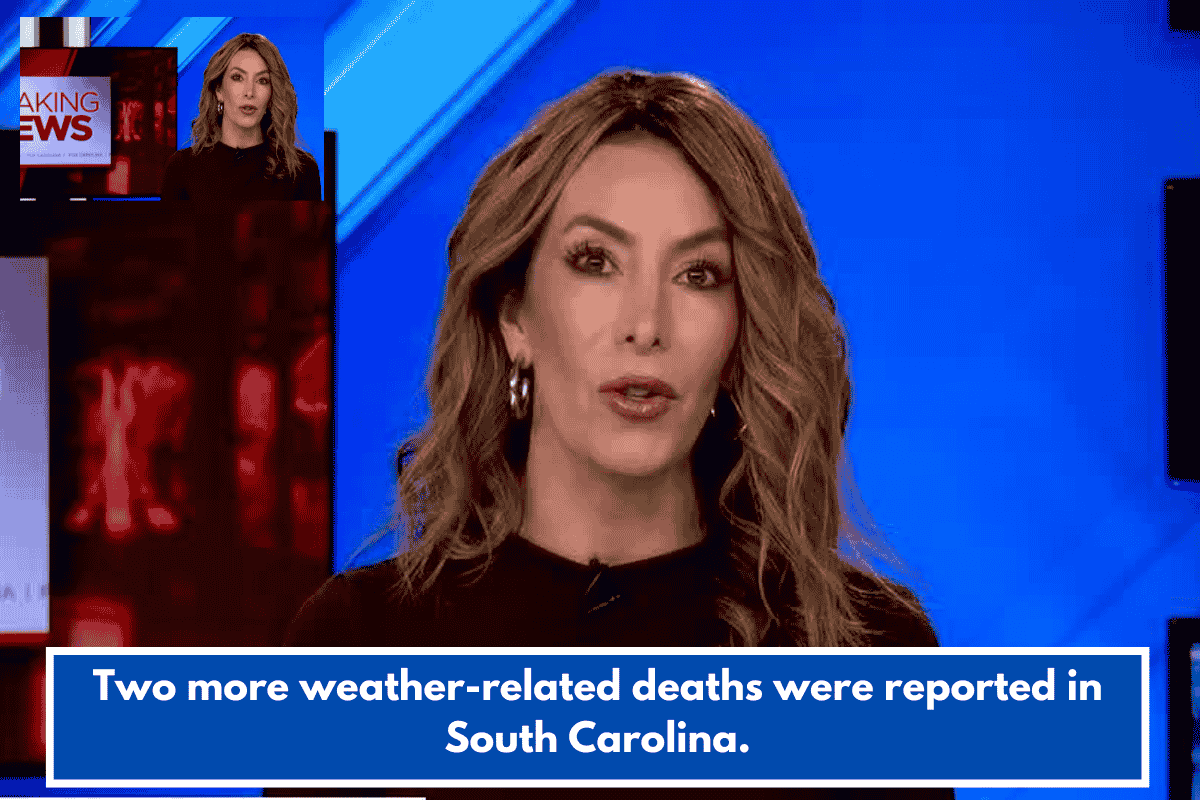Polly Sheppard’s story is one of survival, forgiveness, and courage in the face of unimaginable tragedy. On June 17, 2015, Sheppard was in the midst of a Bible study at the Emanuel African Methodist Episcopal Church in Charleston, South Carolina, when a 21-year-old white supremacist, Dylann Roof, entered the church and opened fire, killing nine Black people. Sheppard, who was praying aloud at the time, found herself face-to-face with Roof, who pointed a gun at her and coldly asked, “Did I shoot you yet?”
When Sheppard responded, “No,” Roof replied, “I’m not going to. I’m going to leave you here to tell the story.” And indeed, Sheppard has done just that, sharing her incredible testimony of survival and the power of forgiveness on national platforms, including at the 2016 Democratic National Convention.
1. A Message of Forgiveness
Despite the horrors she witnessed and endured, Polly Sheppard’s message is one of forgiveness. She calls on others to move beyond victimhood and to have faith that anything is possible if you believe in God. She encourages people not to see themselves as victims of their circumstances, but as survivors with the power to make a difference.
“I want them to know, too, you will remain a victim all the time if it is about you. It’s not about you. It’s bigger than me. So, in order to be a survivor, you have to leave that victimhood alone and step out on faith,” Sheppard said.
Her story is a testament to the power of resilience and grace, even in the face of unspeakable loss. She believes that healing begins with understanding that the tragedy is part of a larger, more complex narrative. “It’s bigger than me,” she says.
2. Continuing the Fight for Change
In the years following the shooting, Polly Sheppard’s role has evolved. Though she had no experience in public speaking, she has become an influential advocate for racial reconciliation and social justice. She has worked tirelessly to raise awareness about gun violence and the lasting effects of racism in America.
One of her ongoing projects is a scholarship fund for nurses, specifically those who commit to working in prisons for at least a year. It’s a personal mission for Sheppard, whose career as a county jail nurse shaped her understanding of healthcare inequality.
3. An Unlikely Duo: Sheppard and Margaret Seidler
Over the years, Polly Sheppard has teamed up with Margaret Seidler, a woman whose family history is intertwined with Charleston’s dark past. Seidler’s ancestors were involved in the business of slave trading in the same city where the Emanuel 9 shooting took place. Seidler’s book, “’Payne-Ful’ Business: Charleston’s Journey to Truth”, explores the legacy of slavery in Charleston and her family’s role in it. The book aims to address racial injustice head-on and challenge readers to acknowledge the painful truths of America’s history.
Seidler’s work and Sheppard’s message of forgiveness come together to offer a unique perspective on racial healing. They have spoken to more than 3,900 people across the state and region, using their shared platform to advocate for racial harmony and social change.
4. A Personal Call for Local Change
As they approach the 10th anniversary of the shooting, Sheppard and Seidler continue to spread their message, believing that true change starts at the local level. While they acknowledge that national issues like racism and gun violence require large-scale change, they believe that individual actions in local communities can have the most impact.
Seidler, who is now 73, emphasized the importance of local action: “I can’t change the national narrative,” she said. “I’m not running for Congress. I’m 73 years old. So I’m focusing on local, and I know as a person working in change management that change is local.”
5. The Power of One
Polly Sheppard agrees with Seidler’s approach. Her message to everyone is simple: “Change the people around you.” She believes that if you can change just one person, you’ve made a difference. “If you can change just one, you’ve done something. Keep talking. One is bound to listen.”
By sharing her personal story and partnering with Seidler to raise awareness, Sheppard’s efforts are helping to create a safer and more inclusive world for future generations.
6. Legacy of the Emanuel 9
The massacre at Emanuel AME Church left scars on the Charleston community, but it also ignited a broader conversation about racial reconciliation and social justice across the nation. Polly Sheppard’s unwavering commitment to forgiveness and change serves as a reminder that in the face of horrific acts, it’s possible to heal and move forward together.
As Seidler said, “While I can’t change the past, I can change what people learn about it and what they do about it today.” Sheppard’s story continues to inspire people to choose forgiveness over hate, hope over despair, and action over complacency.
The Emanuel 9 tragedy was a devastating chapter in Charleston’s history, but Polly Sheppard’s response to it—forgiveness, faith, and commitment to change—has become a beacon of hope. Alongside Margaret Seidler, Sheppard’s efforts show that even in the face of unspeakable loss, individuals can make a powerful difference by addressing difficult truths and working for a more just and compassionate society.

